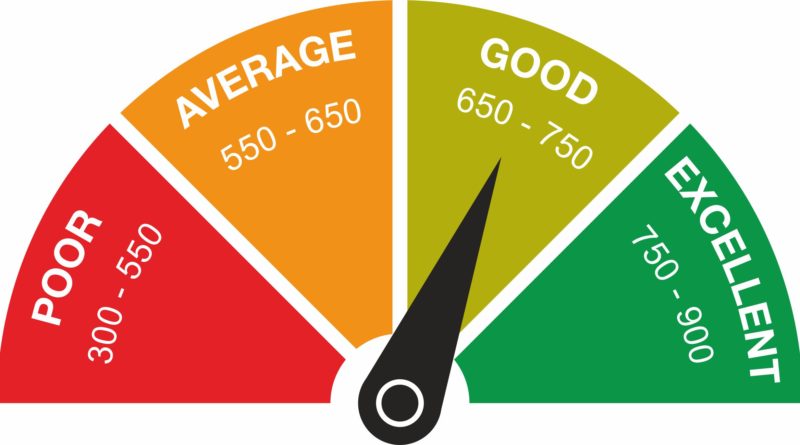8 Reasons why buying a house is better than staying in a rented one
 There has been an endless debate on the topic as to which option is better; renting a house or buying one. No matter which one you opt for, you have to pay the price for the same. Still, buying a house is believed to be better in many cases. Here are some of the reasons which justify this statement:
There has been an endless debate on the topic as to which option is better; renting a house or buying one. No matter which one you opt for, you have to pay the price for the same. Still, buying a house is believed to be better in many cases. Here are some of the reasons which justify this statement:
Investment versus expenditure
When you rent a house, the money goes straight to the owner and you are just paying for your monthly stay in his/her house. Contrary to that, when you buy your own house, the money you spend every month paying mortgage, taxes and other expenses required, you are actually indulged in a long term investment which ultimately results in making you the owner of a valuable asset.
Evident progress every month
Paying your mortgage every month increases the percentage of equity you own. Moreover, you can also apply for a loan against this equity if ever any emergency arises.
Increment in net worth
Having your own house not only ensures that at least you will not be homeless, it also increases your net worth which is ultimately better than working towards a higher income since it provides more financial independence.
Your house, your rules
Buying a house for the first time is a very emotional step. There is no doubt that the level of comfort and freedom your home gives you, can never be achieved in a rented house. You can install a modular kitchen of your choice and pretty much do anything thing to make your house a better place to live in. These things also increase the value of your house. None of these options are available in a rented house.
Focus on the bigger picture
Today it might seem that renting is cheaper than paying a mortgage. But ten years down the line, your rent might increase up to one and a half times than what it is right now. However, if you buy a house with a fixed rate mortgage, your monthly payment remains the same throughout the tenure of the loan.
Tax Benefits
It is true that owning a house means having to pay property tax. But it also has some benefits in taxes when seen from a different vantage point. Erik Brynjolfsson, director of the MIT Initiative on the Digital Economy, explains that when you live in your own house, you need not pay taxes on the house rent because it is paid to yourself.
Look into the Future
Suppose you are in your thirties right now and you decide to buy a house. And it roughly would take two decades for you to completely own that house. So when you are in your fifties and probably planning to retire, you have a home not only for yourself but also for the future generations to come.
You become a responsible citizen
When you own a house, you tend to create a better environment around it since you are here to stay for a very long period of time. This makes you aware of what is happening in your locality so that you can make your contributions to make it better. This rarely happens when a person lives in a rented house.
Purchasing a residential property is a huge commitment and includes a lot of hidden expenses. This means having to deal with a lot of things you might not have experienced before. Hence, your decisions must be made considering your savings.
